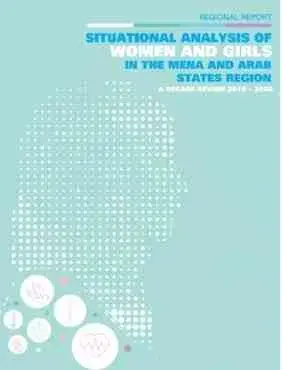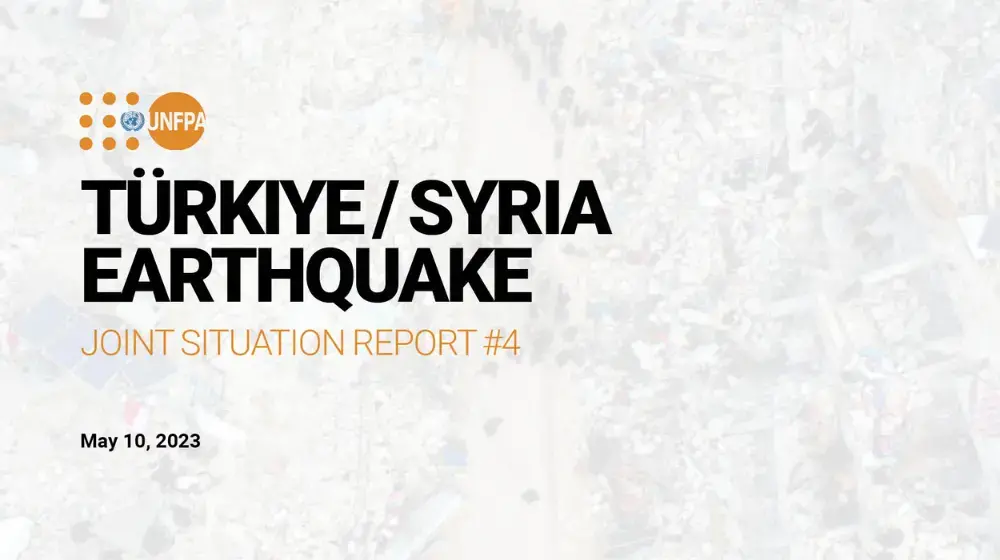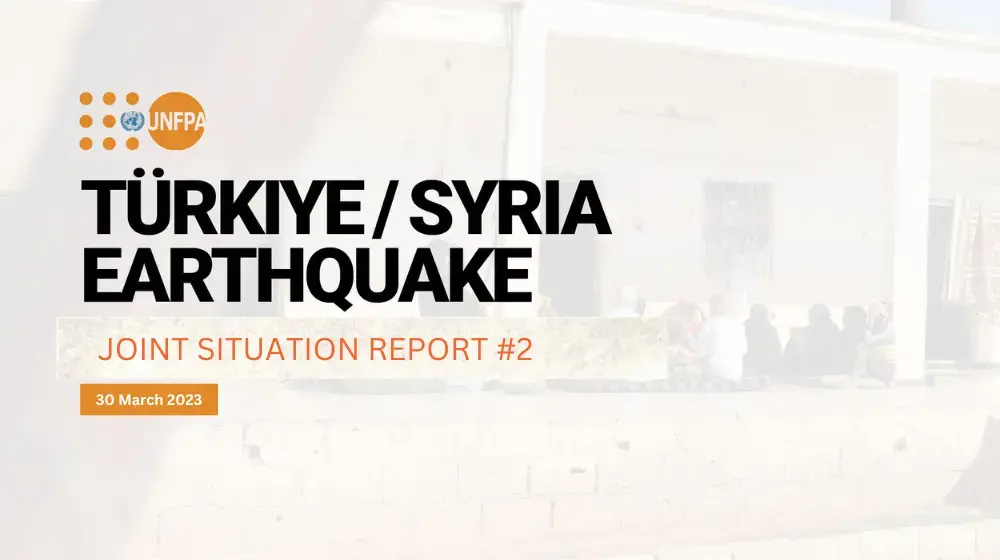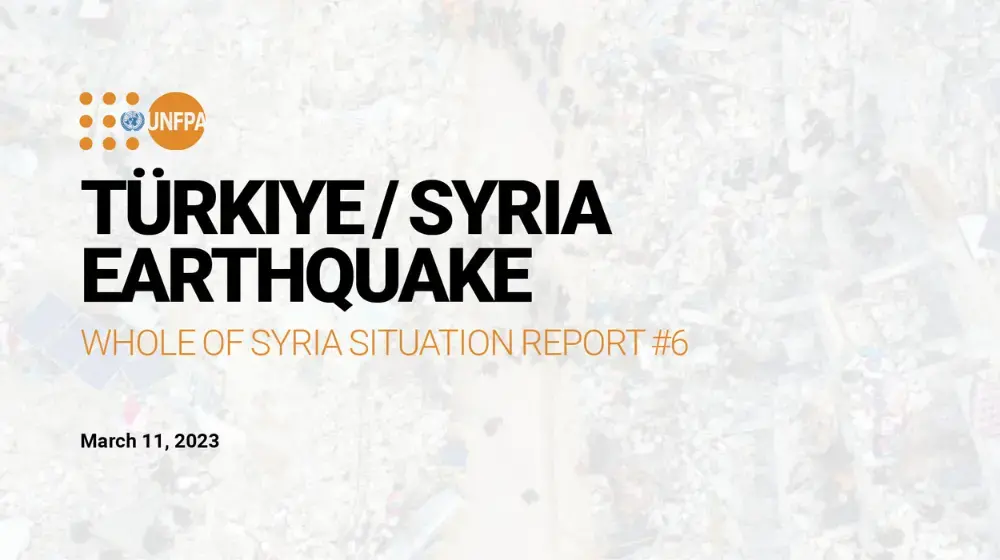The situation of women and girls in the Middle East and North Africa (MENA) and the Arab States region1 remains unresolved. Incremental progress has been documented, yet the pace is slow and does not reflect the commitments made to the Agenda 2030 and the Sustainable Development Goals, nor to address the challenges of the region. As will be discussed, some progress related to gender equality and women’s and girls’ empowerment in several domains over the past decade has been witnessed. Within the region, laws, policies, and programming focused on gender equality are growing, women’s representation in government and in national programming has increased, and many countries have established national women’s machineries and other institutions that promote the rights and welfare of women and girls. Areas such as education and health have seen significant improvement in gender-related indices, and specialized programming aimed at supporting women’s and girls’ rights and empowerment have accelerated in many countries in the region. While governments have significantly stepped up efforts to ensure that they meet their gender-based human rights obligations, it is also necessary to highlight the increasing engagement of civil society, particularly women’s and youth feminist civil society, in advocating for and securing gains. Women’s civil society in the region has actively engaged with the Women Peace and Security agenda at the international level, for example, activists have testified in front of the Security Council to highlight the gender impact of conflict and occupation on the lives of women and girls in the region
Sexual and reproductive health
Human Rights and Gender Equality
What we do
SITUATIONAL ANALYSIS OF WOMEN AND GIRLS IN THE MENA AND ARAB STATES REGION

Publisher
UNFPA
Number of pages
340
Author
UNFPA
Publication
SITUATIONAL ANALYSIS OF WOMEN AND GIRLS IN THE MENA AND ARAB STATES REGION
Publication date
30 November 2021




